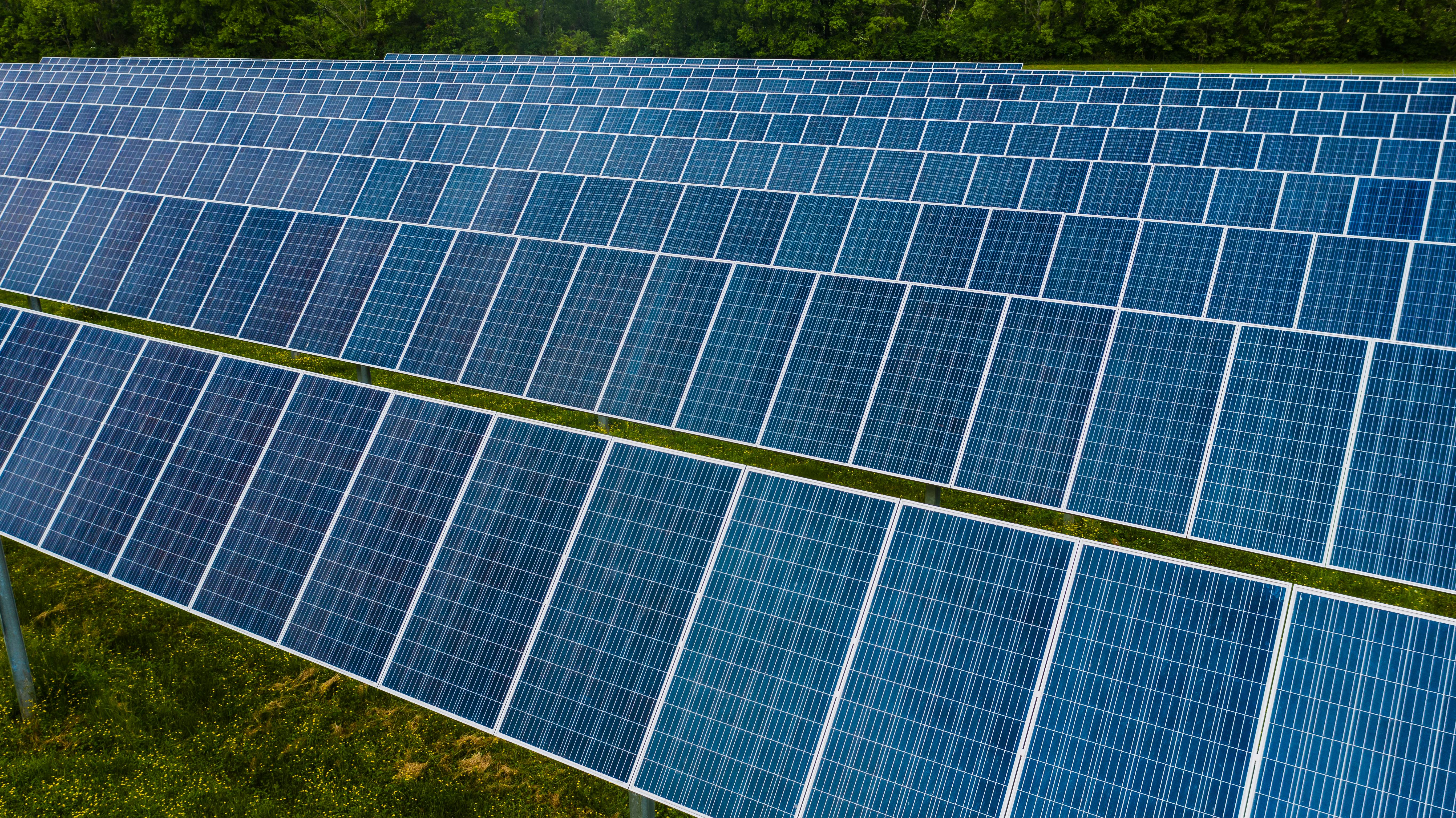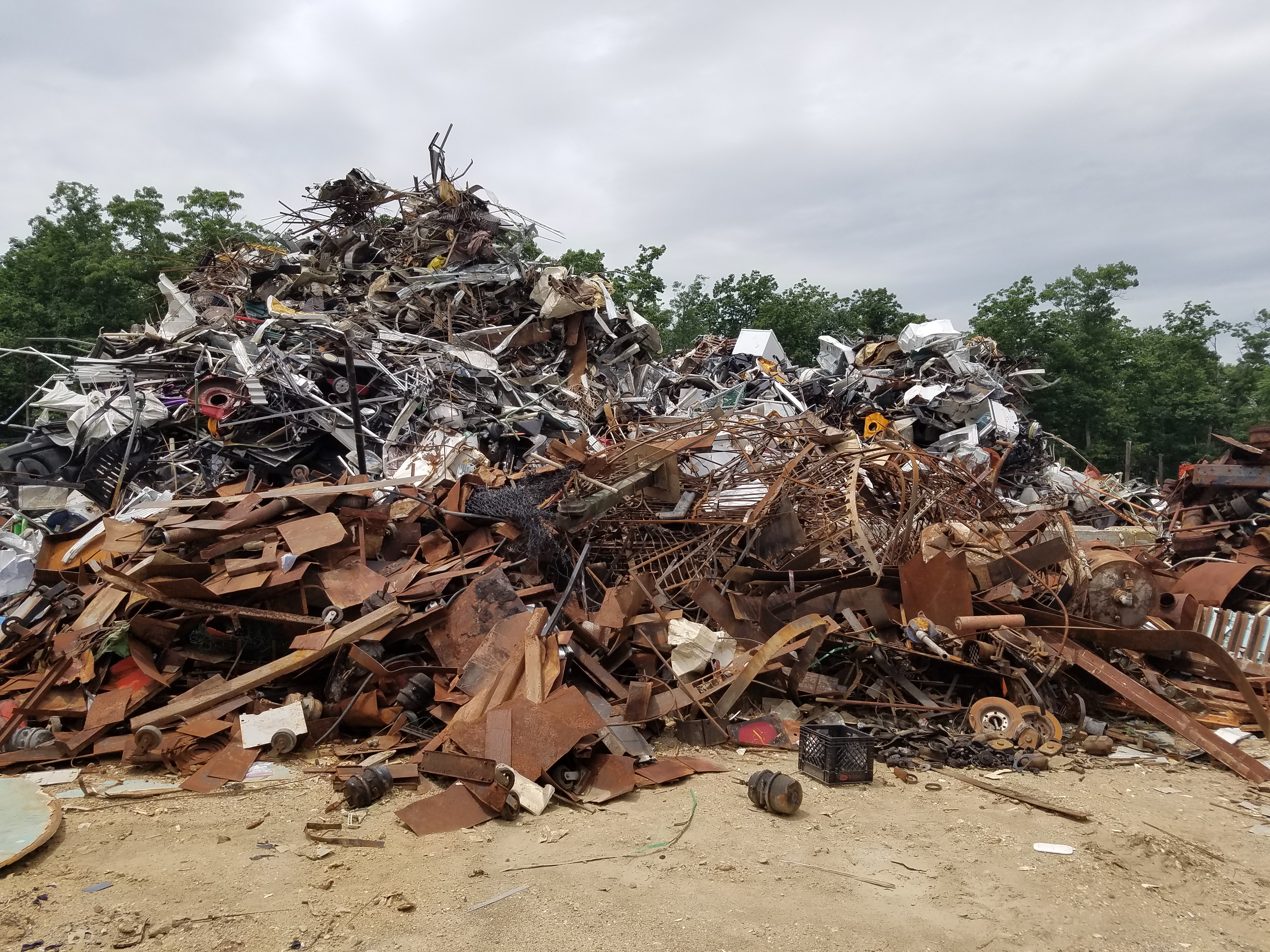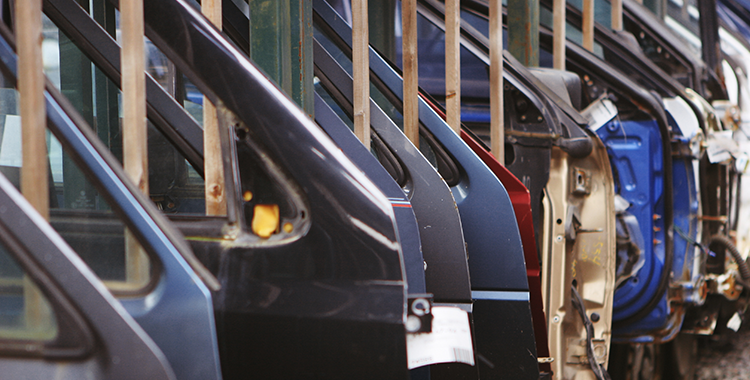Want to Recycle Solar Panels in New Jersey? Here's How!
As solar energy continues to rise in popularity, the question of what happens to solar panels at the end of their life cycle has become increasingly important. In New Jersey, facilities that wish to manage nonhazardous end-of-life (EOL) solar panels must navigate a rigorous regulatory framework.
While the qualification and application process is complex, the Research & Development (R&D) Program for Solar Panels presents a huge opportunity for new and existing businesses looking to break into a new market. This program is acting as a "placeholder" for future regulations - meaning if you can get in now under the R&D program, you'll be up and running by the time the competition catches wind in the coming years!
And while at first glance, the application process may appear complicated, with the right guidance, it’s entirely manageable. For the path of least resistance, reach out to us to get on the fast-track to recycling solar panels in New Jersey. Want to take a closer look first? Great! Let's jump in.
1. Step One: Being Classified as a Class D Recycling Facility (Usually)
Okay, the first step to recycling solar panels is typically being classified as a Class D recycling facility in New Jersey.
Here's the caveat: you don't necessarily have to be a Class D facility, since you can still operate under the R&D program as a non-Class D facility, though doing so comes with some of its own separate hurdles and regulations. We'll touch on that later, but for now, we're proceeding with this post under the assumption that most businesses that will recycle solar panels will be Class D facilities. If you're thinking of recycling solar panels not as a Class D facility, we're here to help you through these hurdles - talk to an expert here.
Okay, getting back to it - if you're already a Class D facility, feel free to jump ahead to the next section! If you're just getting your toes wet, here's a little more info:

What is a Class D Recycling Facility in New Jersey?
In New Jersey, there are all sorts of different "classes" of recycling facilities that determine the types of materials you can process. If you want the full story, you can read about all of the types and classes of recyclable materials in New Jersey here.
Here's the short version: Class D recycling facilities are permitted to process recyclable materials that require specialized handling (think things like electronics, used oil, batteries, and more), and under the R&D program, these materials extend to include nonhazardous EOL solar panels.
Moral of the story: the most straightforward way to apply for the ability to recycle solar panels under the R&D program is to be a Class D recycling facility. If you're thinking about setting up a new Class D recycling facility, that's going to come with its own set of hurdles (more than we can cover here!). Don't sweat it though, we can help - reach out to us to talk to an expert about opening a new Class D recycling facility.
2. The Core: Completing Your Application to Recycle Solar Panels Under the R&D Program
Time to get into the real nitty-gritty. To apply for a Certificate of Authority to Operate (CAO) to manage nonhazardous EOL solar panels, your facility will need to submit a detailed application to the NJDEP.
Here’s a step-by-step guide to ensure that your application is thorough and meets New Jersey’s regulatory requirements (but spoiler alert, we can do this all for you - reach out!):
Indoor and Outdoor Storage Plans
You’ll need to provide a comprehensive site plan based on whether your facility will store solar panels indoors, outdoors, or both. For indoor storage, your revised (or new) interior site map should clearly show where solar panels will be stored and processed. It should also include the maximum storage volume, the height of materials stored, and sufficient aisle space to allow for inspection.
For outdoor storage, your updated (or new) site plan should outline the areas designated for storage and transfer, include the maximum volume allowed, and describe any control measures (such as noise and stormwater runoff mitigation). You’ll also need to detail the construction materials of your storage areas and explain whether solar panels will be covered.

Project Description
The NJDEP requires a full description of your proposed solar panel recycling project. This section of your application should include:
- Pre-Screening Procedures: Outline how you’ll evaluate incoming solar panels before accepting them, including any criteria for testing and determining the condition of the panels.
- Reuse or Recycling Suitability: Explain how your facility will assess whether the panels can be reused or recycled. Be sure to include any testing thresholds for panel efficiency and describe how your facility determines whether the panels are hazardous or nonhazardous.
- Recordkeeping: NJDEP expects you to maintain thorough records of all analytical tests used to classify solar panels as nonhazardous. These records must be readily accessible at your site, and you must be prepared to provide them during inspections.
End-Market Information
You will also need to include details and contact information for end-markets that will receive the recycled materials once you're finished with them. Additionally, if your facility removes any components (like the aluminum frames), you’ll need to provide details about the end-markets for those components as well.
3. Following All the Rules: Ensuring Compliance with New Jersey’s Environmental Laws
To qualify for a CAO, your facility must comply with New Jersey’s extensive environmental regulations (things like the Solid Waste Management Act, Water Pollution Control Act, and Air Pollution Control Act, among others!). Additionally, any project undertaken by your facility must adhere to specific local and federal environmental guidelines.
As the NJDEP continues its efforts to classify EOL solar panels as Class D recyclable materials or universal waste, facilities must remain flexible and prepared to adapt to new regulations. Keeping your operation in compliance with existing and upcoming environmental laws is critical to maintaining your CAO.
Here at RMA, this is our bread and butter. We've helped countless businesses of all shapes and sizes - including Class D Recycling facilities - to get in line with all applicable environmental regulations. Reach out to us to get into compliance quick!

4. Local Buy-In: Including Your Project in the County or State Solid Waste Management Plan
In New Jersey, all recycling facilities must be included in the County or District Solid Waste Management Plan or the Statewide Solid Waste Management Plan. Before submitting your CAO application, your RD&D project must be officially recognized within the relevant waste management plan.
Without this inclusion, your application may be denied, so this is a crucial step that should not be overlooked. Don't sweat it though, we can help with this too - let's talk.

5. Meeting NJDEP’s Expectations for the Future: Ongoing Reporting and Record-Keeping
You did it - woohoo! Don't celebrate for too long though, there's still more work to be done. Once your facility has received its CAO, ongoing compliance doesn’t stop at storage and recycling operations. You’ll need to meet specific reporting and record-keeping requirements outlined by the NJDEP.
For approved Class D recycling centers, monthly summary reports are required as per N.J.A.C. 7:26A-3.17(a). These reports include information about the quantity of incoming solar panels, the companies you receive panels from, transporter details, and the location and status of the panels while in storage or processing.
Remember how we said this isn't only for Class D facilities? Well, if your facility is not an approved Class D recycling center, you'll need to submit detailed semi-annual progress reports and a final report to NJDEP, detailing how the project has met its goals. Maintaining detailed logs is essential for ensuring your facility stays compliant with NJDEP standards.
Regardless of where you fit, we can help. Contact us to stay compliant while recycling solar panels.

Need Help? We’re Here to Guide You!
Okay, bear with us while we toot our own horns one last time. If you didn't catch on yet, we're pretty good at this kind of thing, if we do say so ourselves. Our team of environmental compliance experts is here to assist you at every stage of the process.
Here's how we can help:
- Preparing comprehensive site and storage plans that meet New Jersey’s stringent requirements.
- Developing project descriptions that clearly outline your solar panel recycling procedures from start to finish.
- Achieving environmental compliance with any regulations that you may be deficient in, ensuring you check all the environmental boxes.
- Assisting in getting included in the relevant waste management plan, so your application has the best chance of approval.
- Developing a program for recordkeeping and reporting, ensuring your facility stays in good standing with the NJDEP.
- Training your staff and management on your approval and responsibilities, so everyone is on the same page on what you need to do moving forward.
Ready to Get Started?
So, that's our plug. If you want to recycle solar panels in New Jersey, we have the expertise and experience to get you to the finish line. Whether you’re just beginning the application process or need a hand maintaining compliance for an ongoing project, we can help.
Contact us today to find out how we can assist your facility in securing a CAO to operate as a solar panel recycler in New Jersey, so you can focus on making things a little greener - for both the State of New Jersey - and for your business!







